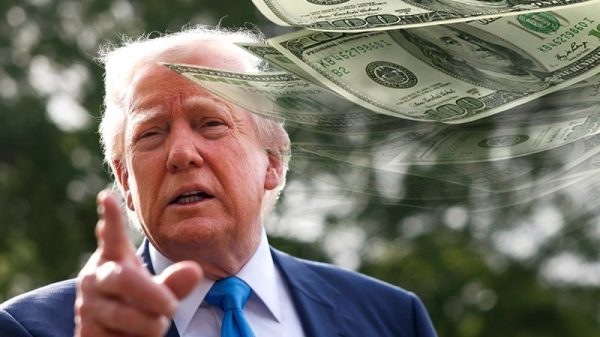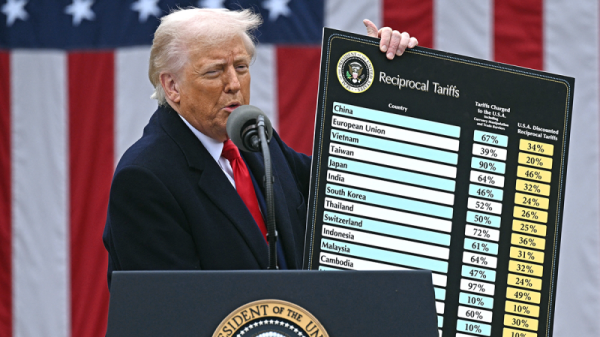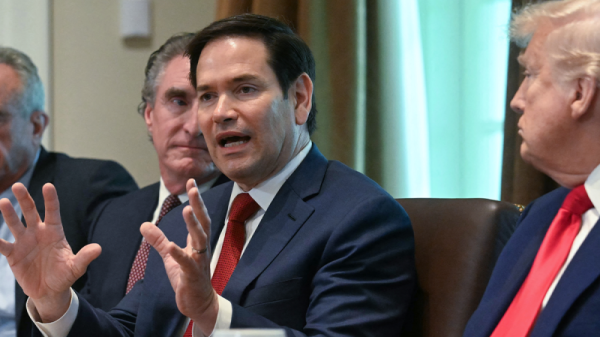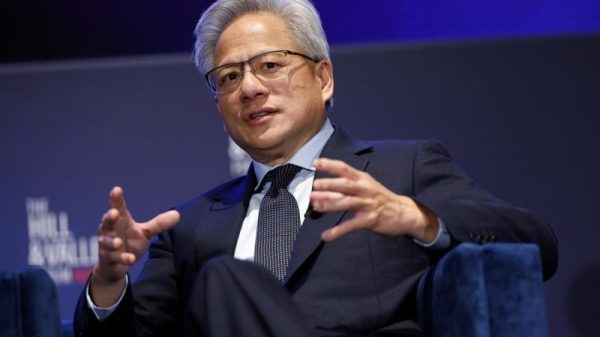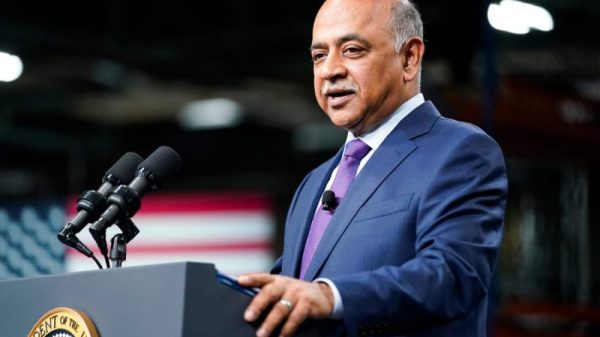Payment Stablecoin Act: A Shift in U.S. Financial Policy
Quick Look:
Bill encourages U.S. banks to issue stablecoins, possibly boosting their role in digital finance.
Stringent rules are proposed for non-bank issuers, like a $10 billion cap and a ban on unbacked stablecoins.
Criticism from crypto groups and concerns over market impact suggest a complex debate ahead.
The financial markets could witness a significant shift with the introduction of the Payment Stablecoin Act to the U.S. Senate on April 17. According to a recent research note from S&P Global Ratings, this legislative move may pave the way for more U.S. banks to engage in the stablecoin sector. The bill seeks to introduce a regulatory framework and aims to reshape the dynamics between U.S. financial institutions and their non-U.S. counterparts in the stablecoin market.
Proposed U.S. Stablecoin Legislation: Key Measures and Impact
The proposed legislation outlines several key measures designed to integrate stablecoins more deeply into the U.S. financial system. Most notably, it suggests that U.S. banks could begin issuing stablecoins pegged to the U.S. dollar. This could provide a considerable advantage to banks by offering them a new avenue for growth and involvement in digital finance. By potentially allowing banks to issue these coins, the bill could make them central players in the digital bond and asset tokenization market.
The bill also introduces stringent measures for non-bank stablecoin issuers. This includes a $10 billion cap on issuance and a ban on “unbacked” algorithmic stablecoins. Additionally, it would require all stablecoin issuers to maintain one-to-one reserves in cash or cash equivalents. This provision aims to enhance the security and reliability of stablecoins as a digital financial instrument, mirroring the safety of traditional banking instruments. S&P Global Ratings highlights BlackRock’s BUIDL fund as evidence of the efficiencies and security enhancements stablecoins can bring to financial markets, indicating a robust future for tokenized assets.
Potential Challenges and Opposition
Despite the optimistic view from financial entities like S&P Global Ratings, the bill has faced criticism from various quarters. Tether, the largest issuer of U.S. Dollar-pegged stablecoins by market cap, could find itself significantly affected. The bill’s restrictions could limit Tether’s operations within the U.S., potentially reducing its market dominance and favouring U.S.-issued coins instead.
Furthermore, the crypto advocacy group Coin Center has raised concerns about the bill’s approach to algorithmic stablecoins. They argue that banning these could be seen as an unconstitutional restriction under the First Amendment, highlighting the broader implications of such regulatory measures on free speech and innovation in the crypto sector.
The debate surrounding the Payment Stablecoin Act clearly indicates how financial regulations are evolving in response to the rise of digital currencies. Additionally, Democrat Senator Kirsten Gillibrand notes that establishing a regulatory framework for stablecoins is crucial. This framework is essential for maintaining the U.S. dollar’s dominance and ensuring responsible innovation and consumer protection. However, the path forward is fraught with debates. These debates focus on innovation versus regulation, making the bill’s progression through the Senate something to closely watch. Consequently, as it stands, the financial market might be on the cusp of a transformative phase. New technologies and the redefinition of traditional financial instruments spearhead this phase.
The post Payment Stablecoin Act: A Shift in U.S. Financial Policy appeared first on FinanceBrokerage.


